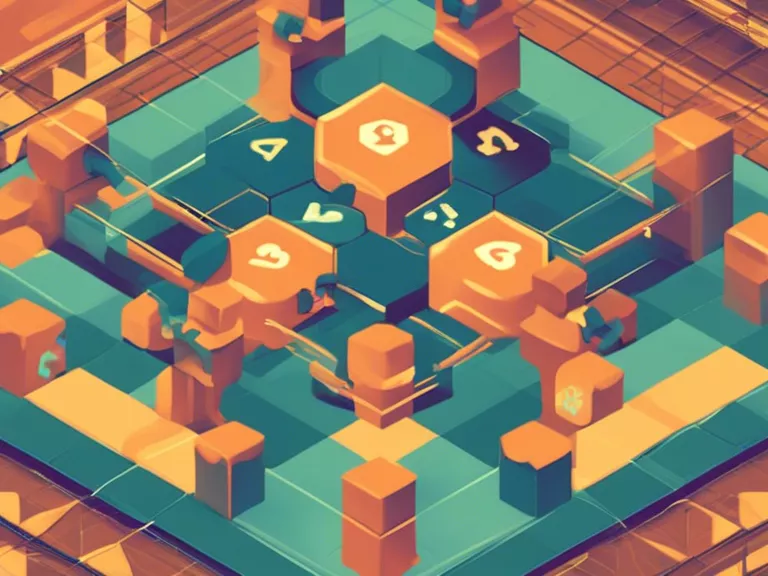
The Science of Addiction: How Data Analytics Is Used to Craft Irresistible Games
In today's digital age, the gaming industry is booming, with millions of people around the world spending hours immersed in their favorite games. But have you ever wondered why some games are so addictive? The answer lies in the science of addiction and the use of data analytics by game developers.
Data analytics plays a crucial role in crafting games that keep players coming back for more. By analyzing vast amounts of player data, developers can identify patterns and trends that reveal what aspects of the game are most engaging to users. This information is then used to enhance the gameplay experience and create a more addictive game.
One of the key ways data analytics is used in game development is through player profiling. By tracking players' behaviors, preferences, and in-game actions, developers can tailor the game to better suit individual players. For example, if a player consistently chooses a certain weapon in a shooting game, developers can provide more opportunities for that player to use that weapon, increasing their enjoyment of the game.
Another common use of data analytics in game development is through the implementation of "reward schedules." By strategically doling out rewards at specific intervals, developers can keep players engaged and motivated to continue playing. This is commonly seen in popular mobile games that offer daily rewards or bonuses for logging in regularly.
Furthermore, data analytics can also be used to optimize in-game purchases and monetization strategies. By analyzing player spending habits and purchase patterns, developers can tailor their microtransactions to maximize revenue while still providing value to players.
In conclusion, the science of addiction in game development relies heavily on data analytics to create games that are engaging, immersive, and, ultimately, addictive. By leveraging player data, developers can craft experiences that keep players coming back for more, driving the success of the gaming industry.
american-boffin.com
bfbchamp.com
democraticcoma.com
tigrepelvar.com
charpoles.com
derbywheelblazers.com
fansfocus.net
guildnow.com
hediyeteyze.com
isprimecdn.com
kiira-korpi.net
manutd24.com
mediumtylerhenry.com
mishanghai.org
savethreestrikes.com
smilesbydavis.com
10puntos.net
band-shirt.com
icelandtrails.com
paulmarioday.com
thefunnynanny.com
Dave Tries Ballet
Buon Grande
Criacao Sites
Perry Perkins Books
Writing Essay in AU
Ka Soku
Blood is Blood Movie
Eleanor Writes Things
The Happy Prince Beirut
Town of Witless Bay
Online Igrovoi Club
Trigeminal Neuralgia - Ronald Brisman MD
Chocolate City Burlesque
Advanced Electric Scooters
W Tougei
Breadboard Maniac
Takasu App


